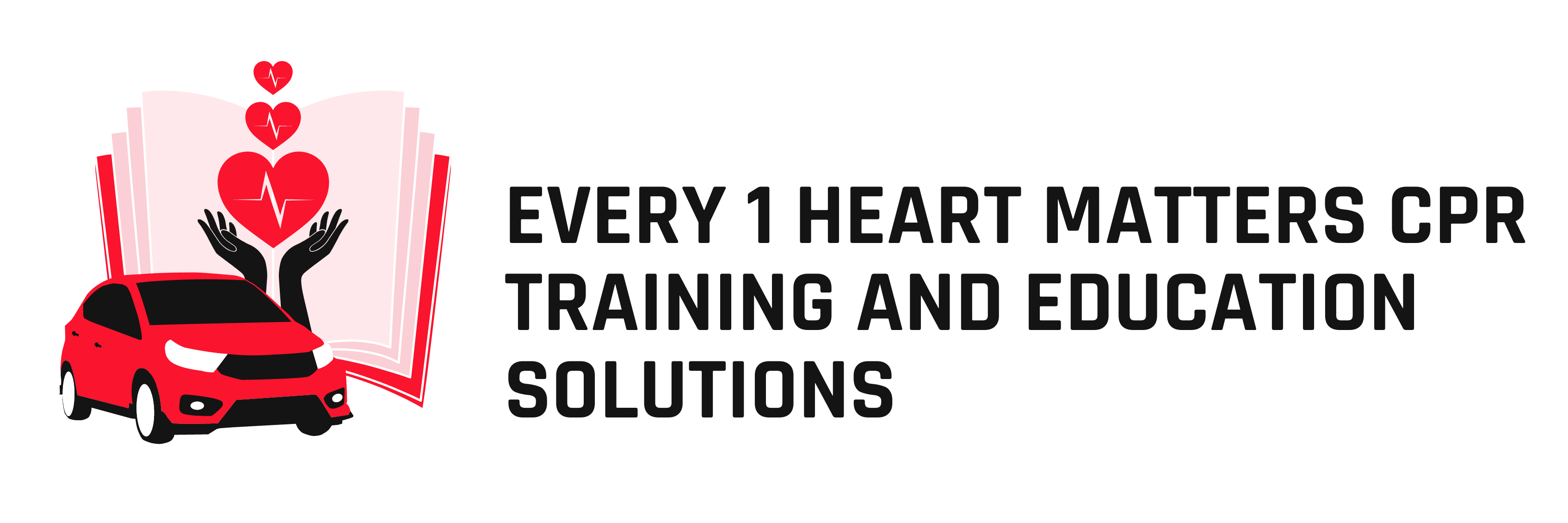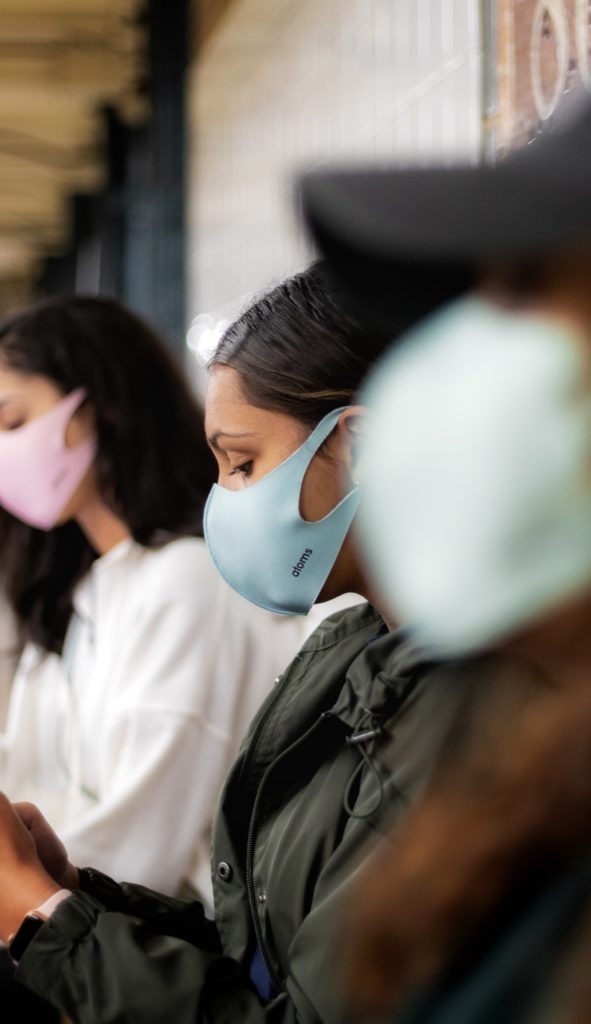Infectious diseases pose significant challenges in various settings, including healthcare facilities, workplaces, schools, and public spaces. Our comprehensive training programs are designed to address the unique infection control needs of different industries and individuals.
At Every 1 Heart Matters CPR Training and Education Solutions, we understand the crucial role that infection control and prevention play in maintaining the health and safety of individuals and communities. Our infection control skills training service is dedicated to equipping individuals with the knowledge and skills necessary to prevent the spread of infections and maintain a clean and safe environment.



